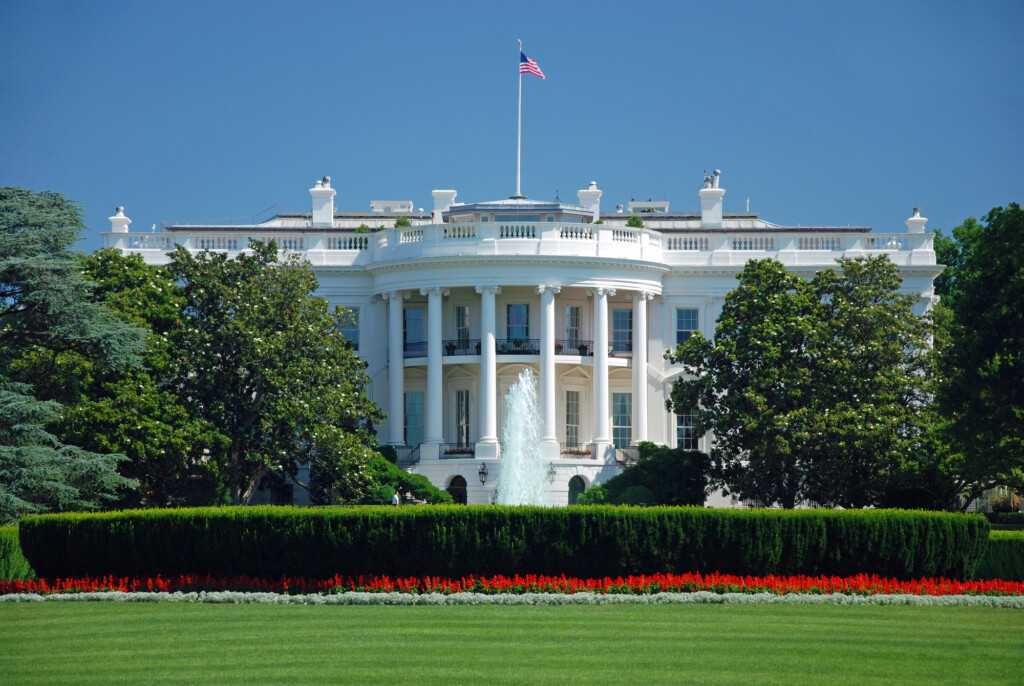Vice President Kamala Harris wants to see change when it comes to the categorization of marijuana.

In fact, Harris called the current classification of marijuana under federal law “absurd” amid a White House event two Fridays ago. She is even looking forward to seeing what the Drug Enforcement Administration decides to do about moving it to a different category, according to Politco.
“I’m sure DEA is working as quickly as possible and will continue to do so, and we look forward to the product of their work,” Harris said at the beginning of a roundtable discussion on cannabis policy with Gov. Andy Beshear (D-Ky.), a handful of people who received pardons from President Joe Biden for low level cannabis offenses and rapper Fat Joe.
The DEA plans to release its final decision on the Department of Health and Human Services’ recommendation to move marijuana or cannabis, which has more than 0.3 percent THC, to a less restrictive schedule that is current under the Controlled Substances Act.
Right now, marijuana is classified as a Schedule I narcotic, which is the same as LSD and heroin, which means it has “no acceptable medical uses and high propensity for abuse.
The White House’s latest development is the latest sign that the Biden administration is, in fact, putting major effort into “overhauling federal marijuana policies just ahead of the 2024 presidential election.” Also, during the State of the Union address, Biden wants to pardon federal marijuana offenders and loosen federal weed restrictions.
Seventy percent of Americans are for marijuana legalization. And that position is popular with young voters, which is a crucial demographic that Biden is struggling to get support from.
But back in October of 2022, Biden issued two executive orders that pardoned folks with certain nonviolent federal marijuana offenses and instructing HHS to assess if marijuana should be reclassified within the controlled substances federal list. And, in late 2023, the HHS sent a letter to the Department of Justice, recommending that cannabis be moved to a category that is less restrictive.
And in December, Biden expanded his pardon declaration, which allows more folks to get relief, according to the NPR. Harris said Friday that that number is in the “tens of thousands.”



